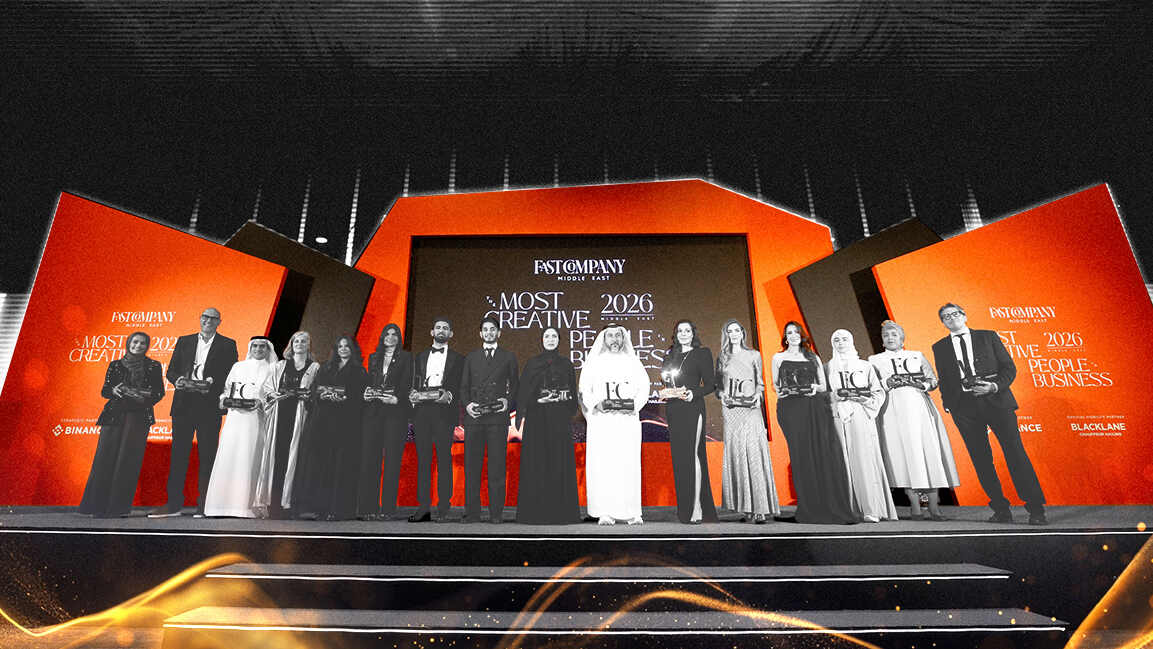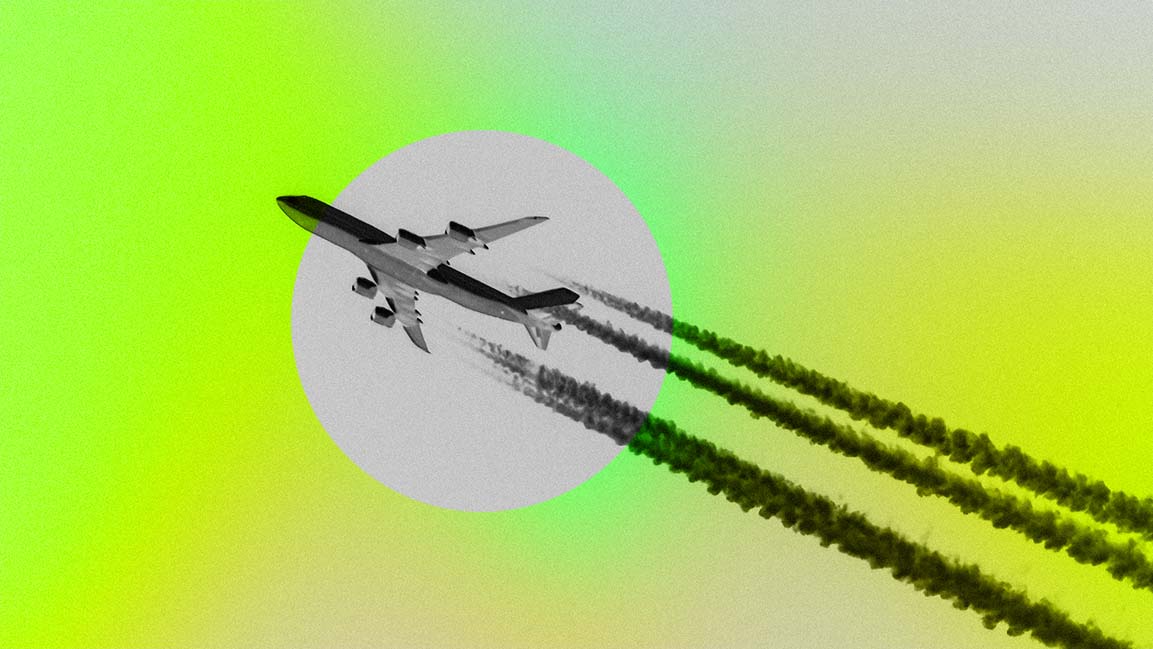- | 1:00 pm
Sustainable aviation fuel production expected to triple this year
IATA has set up a registry in accelerating the process.

A survey by the International Air Transport Association (IATA) showed that sustainable aviation fuel (SAF) is garnering more public attention. About 86% of travelers stated that governments should incentivize airlines to adopt and utilize SAF.
At the 80th Annual General Meeting (AGM) and World Air Transport Summit, the IATA announced that its projections for SAF production are on track to triple in 2024, reaching 1.9 billion liters and making up 0.53% of aviation’s fuel needs.
The IATA also emphasized the significance of government policy measures in mobilizing SAF adoption. IATA’s director general, Willie Walsh, said that SAF will provide about 65% of the mitigation needed for airlines to achieve net zero carbon emissions by 2050.
“We still have a long way to go, but the direction of exponential increases is starting to come into focus,” he added.
Through the International Civil Aviation Organization (ICAO), governments aim to reduce international aviation’s CO2 emissions by 5% from SAF by 2030. However, around 27% of the expected renewable fuel production capacity in 2030 must be SAF to achieve this goal. SAF currently accounts for only 3% of all renewable fuel production.
To solve this, Walsh suggested that governments implement policies to ensure that airlines can actually purchase SAF in the required quantities.
“Incentives to build more renewable energy facilities, strengthen the feedstock supply chain, and allocate more renewable fuel output to aviation would help decarbonize aviation. Governments can also facilitate technical solutions with accelerated approvals for diverse feedstocks and production methodologies, as well as co-processing renewable feedstocks in crude oil plants,” he added.
Meanwhile, the IATA also set up an SAF registry to speed up the process of SAF adoption. To launch at the start of 2025, the registry is supported by 17 airlines, one airline group, six national authorities, three original equipment manufacturers, and one fuel producer.
“The SAF Registry will help meet the critical needs of all stakeholders as part of the global effort to ramp up SAF production. Governments need a trusted system to track the quality and quantities of SAF. SAF producers must accurately account for what has been delivered and effectively decarbonized. Corporate customers must be able to transparently account for their Scope 3 emissions. Airlines must be certain they can claim the environmental benefits of the SAF they purchased. The registry will meet all these needs,” added Walsh.































